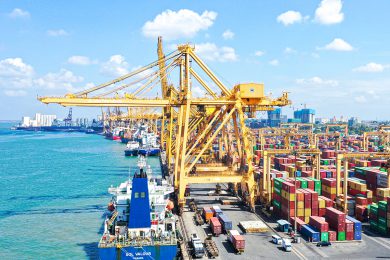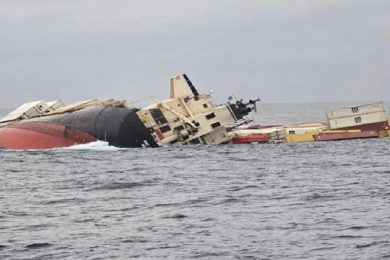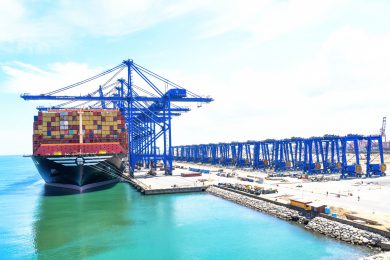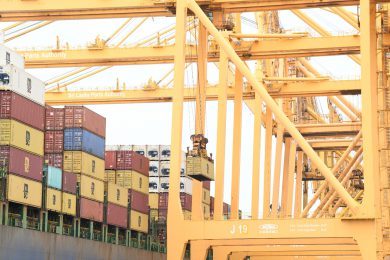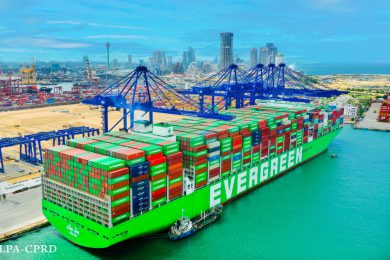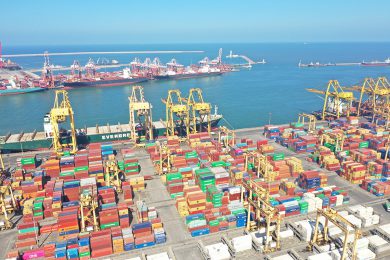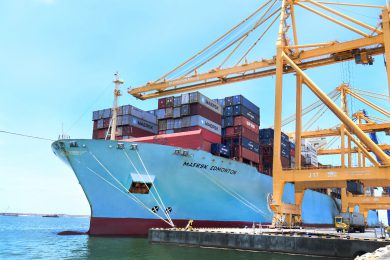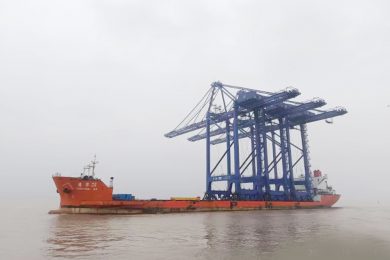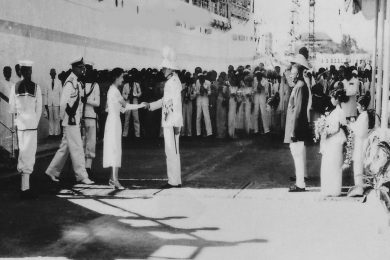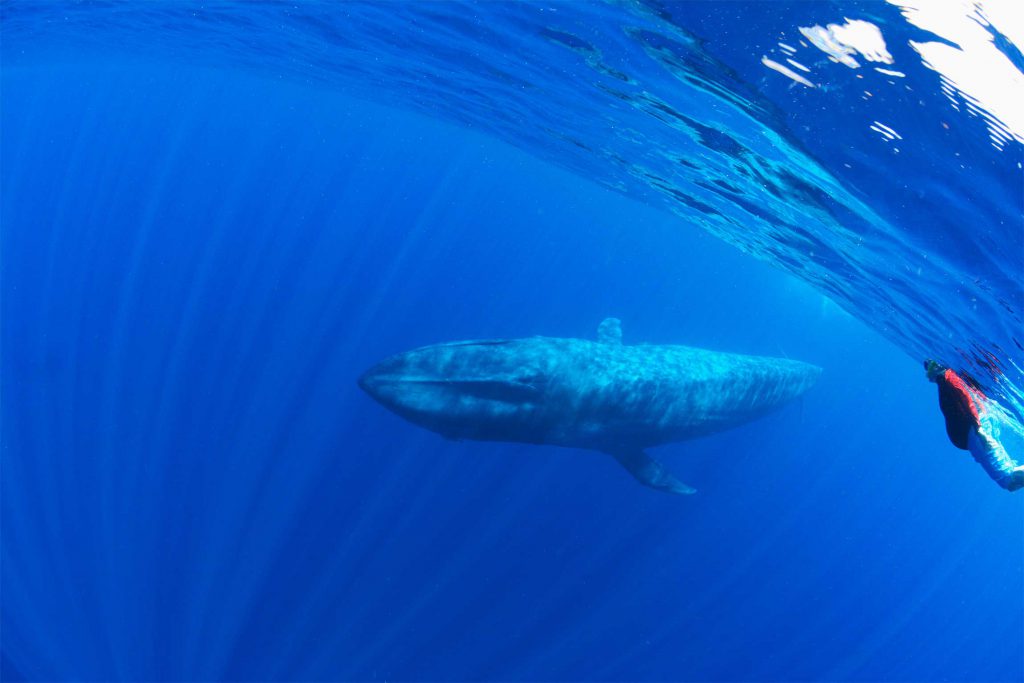MSC aims to help protect blue whales and other cetaceans living and feeding in the waters off the coast of Sri Lanka by modifying navigation guidance in line with the advice of scientists in the maritime sector.
The world’s largest container shipping company began in mid-2022 to re-route its vessels passing by Sri Lanka, on a new course that is approximately 15 nautical miles to the south of the current traffic separation scheme (TSS) for commercial shipping.
Specifically, MSC has followed guidance based on research surveys completed by the International Fund for Animal Welfare (IFAW), the World Trade Institute (WTI), Biosphere Foundation, University of Ruhuna (Sri Lanka), Raja and the Whales and University of St Andrews (UK), and additionally endorsed by the World Wide Fund for Nature (WWF), to change the routing for its boxships.
Westbound ship traffic is now limited to a latitude between 05 30N and 05 35N, and eastbound traffic is limited to a latitude between 05 24N and 05 29N in order to avoid designated cetacean habitats, according to an announcement.
An exception has been made for vessels embarking and disembarking for safety reasons in Galle, including in case of adverse weather. Additionally, smaller feeder ships sailing around the Bay of Bengal will reduce their speed to less than 10 knots in this area.
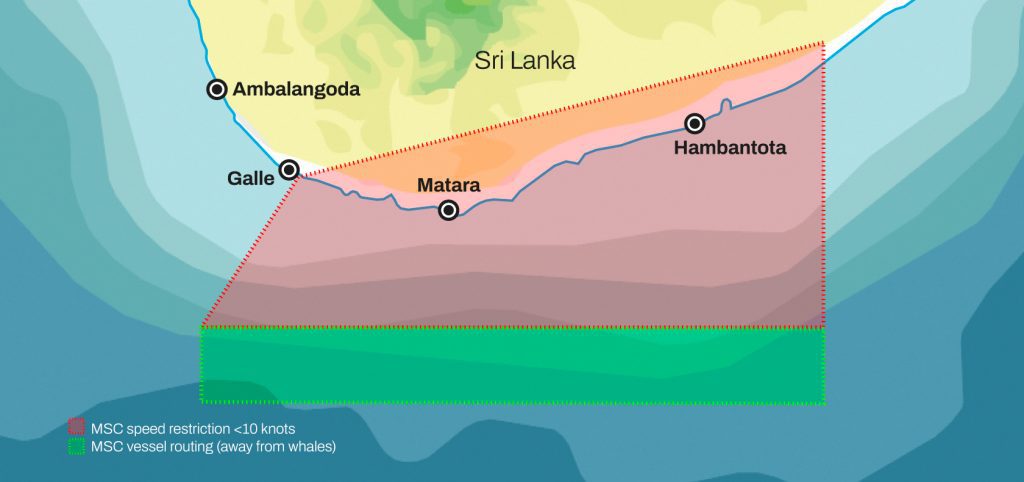
In the meantime, in January 2022, MSC decided to re-route its ships on the west coast of Greece to reduce the risk of collision with endangered sperm whales in the Mediterranean. According to NGOs such as IFAW, OceanCare, WWF Greece and the Pelagos Cetacean Research Institute, if all ship traffic using this area made a similar routing adjustment, the ship strike risk to sperm whales would be reduced by almost 75%.



